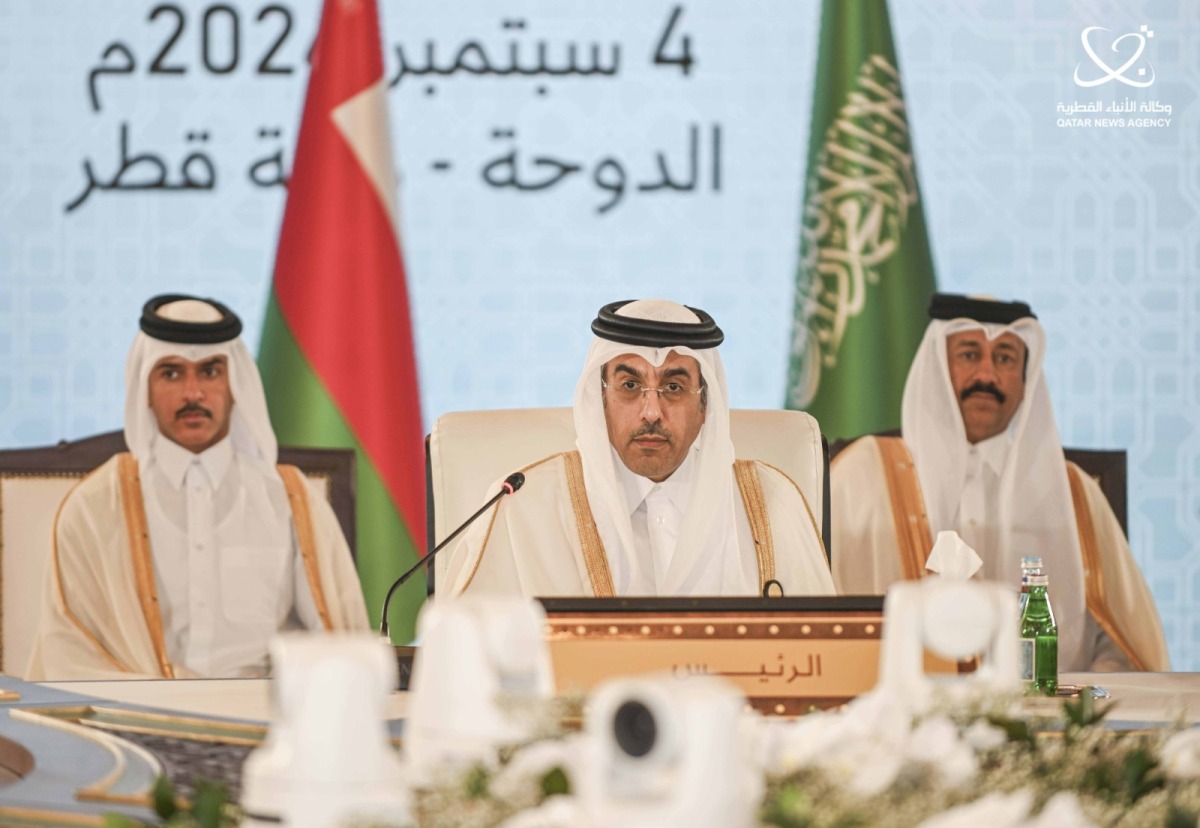The recent meeting of the Gulf Cooperation Council (GCC) Committee of Labour Ministers, chaired by Qatar, focused on enhancing cooperation within the Gulf labour market. The session, led by Minister of Labour HE Dr. Ali bin Samikh Al Marri, aimed to draw from the successful experiences of GCC nations and address key topics like nationalisation efforts and labour law harmonisation. Dr. Al Marri highlighted the unique circumstances in the Arab region that impact labour markets, emphasizing the importance of implementing policies to enhance social protection programs and workers’ rights in the private sector. He also stressed the need for legislative updates to adapt to quick labour market shifts.
In his address, Dr. Ali bin Samikh Al Marri underscored the GCC’s focus on sustainability in workplaces, promoting environmental preservation through initiatives like recycling and renewable energy use to combat climate change impacts. He expressed optimism that the meeting would lead to important decisions and recommendations aimed at increasing job opportunities for nationals in the private sector and ensuring decent work conditions. The ministers also discussed issues such as combating human trafficking and forced labour, legislation related to women’s employment and maternity leave, and the inclusion of GCC citizens in nationalisation quotas.
The ministers at the GCC Labour Ministers Committee meeting focused on enhancing cooperation among GCC countries, improving labour markets and talent development, and considering updates to GCC labour laws, the green economy, and the future of employment in the region. Discussions centered on strengthening cooperation within the Gulf labour market, learning from successful practices of GCC countries, and addressing common issues like nationalisation efforts and labour law harmonisation. Dr. Al Marri emphasized the importance of updating laws to make the job market more efficient and appealing to both national and international talent.
The meeting emphasized the importance of implementing policies to enhance social protection programs and preserve workers’ rights in the private sector. The ministers reviewed several issues, including the Gulf framework for combating human trafficking and forced labour, legislation related to women’s employment and maternity leave, and the inclusion of GCC citizens in nationalisation quotas. They also discussed ways to enhance cooperation in the workforce sector, focusing on talent development and updates to GCC labour laws, the green economy, and the future of employment in the region.
Dr. Ali bin Samikh Al Marri highlighted the impact of unique circumstances in the Arab region on labour markets, employment, occupational safety, health, and the influence of the digital revolution on the workforce. The ministers explored ways to enhance collaboration in the Gulf labour market, learning from successful practices of GCC countries, and addressing key topics like nationalisation efforts and labour law harmonisation. The meeting aimed to lead to important decisions and recommendations focused on increasing job opportunities for nationals in the private sector, ensuring decent work conditions, and protecting workers’ rights while fostering stable and equitable labour markets in the region.
In conclusion, the recent GCC Labour Ministers Committee meeting chaired by Qatar highlighted the importance of enhancing cooperation within the Gulf labour market, learning from successful practices of member nations, and addressing common issues like nationalisation efforts and labour law harmonisation. Dr. Ali bin Samikh Al Marri emphasized the need for legislative updates to adapt to quick labour market shifts and promote sustainability and environmental preservation in workplaces. The meeting focused on combating human trafficking and forced labour, legislation related to women’s employment and maternity leave, and enhancing cooperation among GCC countries for talent development and updates to GCC labour laws.





















